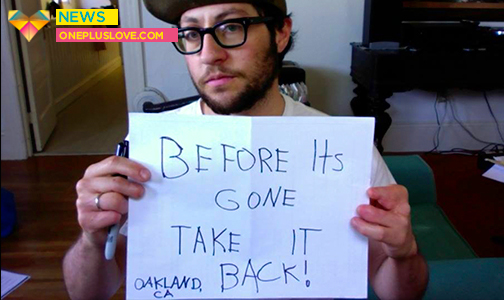
Imani Henry: “Gentrification Is An Intersectional Issue”
Imani Henry, a community organizer with Equality for Flatbush, talks about the some of the LGBTQ-specific dimensions of gentrification in Brooklyn:
It is all about who has access to affordable housing and historically we know that working-class and low-income LGBTQ people make less money then their cis, straight counterparts. It is about the fact that LGBTQ communities of color have lived and thrived in places like Bedford -Stuyvesant, Crown Heights, and Flatbush for decades. The reality has been that folks have lived in neighborhoods where there has been a high percentage of affordable housing and rent-stabilized apartments (eg, NYCHA). There’s also middle-class LGBTQ communities. In Fort Greene, Clinton Hills, Park Slope and elsewhere, LBTQ people have bought homes and raised families in these neighborhoods for decades.
With rising rents, many middle-class LGBTQ people have been pushed out of many neighborhoods like Park Slope and have had to look for other neighborhoods to live. They’re ending up in places like Flatbush or Crown Heights. The other piece of this — particularly for single, working-class, and younger LGBTQ people — is that they are forced to live with two or three roommates to survive in NYC. In many cases, young and white LGBTQ people are being overcharged for rent-stabilized apartments; they are dealing with landlords that are pitting them against other longtime residents and LGBTQ people of color.
We’ve seen party spaces and venues that were historically black-owned spaces that had LGBTQ nights or parties switch ownership and then there’s an influx of white, cis/straight or LGBTQ people in these once black-owned spaces in Bed-Stuy, Fort Greene, Crown Heights, etc. This is also true for Williamsburg, which historically had a vibrant black and Latino nightlife that included many LGBTQ-affirming POC spaces, parties, and activities. Now the nightlife caters primarily to white people, both gay and straight.
With BEFORE IT’S GONE // TAKE IT BACK, we want to show that affordable housing is a struggle for every single person because no adult should be paying $800 – $1000 and still have to live with two or three other people in New York City. We think that a landlord shouldn’t be converting a rent-stabilized apartment, basically charging people for a closet and calling it a three-bedroom apartment, or pushing out longtime residents to overcharge new residents.
I know of LGBTQ-friendly and -affirming collective households in Bed-Stuy that are being pushed out. Landlords are concerned about who’s going to pay them the most money. Just because now we’ve gotten a few bars or coffee shops in the neighborhood that feel gay-friendly — well, at some point corporations and real estate developers will be looking at how to get more higher-income people to fill luxury apartments. And then it will be those same queer folks in the backyard of that bar in the middle of Flatbush or Crown Heights who are just too loud — and the condo owners and folks who are renting for $4000 a month will want to close down that backyard bar.
We have been saying point blank that if people feel bad about contributing to gentrification, this is the moment to get involved in the struggle for affordable housing in their neighborhood. We don’t need guilt — what we need is action, activity, and anger directed at banks, corporations, and real estate developers. They are pricing out not only people of color and working-class families, but dictating what the market rate for an apartment is for entire neighborhoods and saying that you need to make a certain income or you can’t live here. That impacts all of us as low-income, working-class, and middle-class people.

Recent Comments